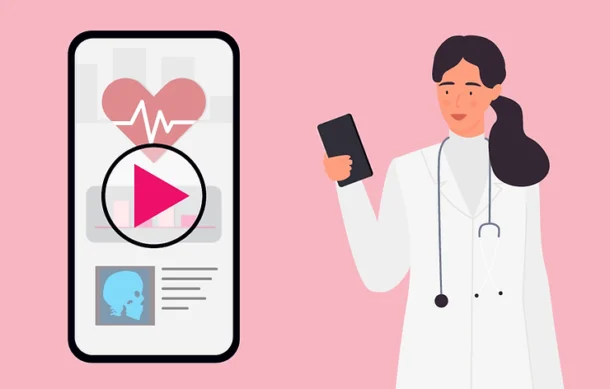Words by Michaila Byrne
Spring Awakening’ is a Tony award-winning play-turned-Broadway-rock-musical which tells the story of a group of adolescents that, as a consequence of society’s zealous attitudes towards sexuality and pervading miseducation around sexual health, meet a collectively tragic end.
Whether due to education, hygiene, or access, this fictional tale continues to play out as a reality in much of the world today where sex is still a touchy subject and conversations are lagging. What role can medical affairs professionals play in filling this knowledge gap as they communicate the importance of sexual health?
“Over the past 25 years, globally we’ve witnessed a consensus; an acceptance that sexual health is an important component of human well-being,” says Michael Norton, Vice President, Global Medical Affairs, AbbVie. Indeed, the pharmaceutical industry has made notable leaps when it comes to the development of contraception and treatments for sexually transmitted infections and diseases, one of the crowning examples being HIV therapy: “As a global community we’ve saved millions of lives by figuring out access solutions for every corner of the globe with regard to the HIV pandemic,” continues Norton.
Globally we’ve witnessed a consensus; an acceptance that sexual health is an important component of human well-being
Sexual health, as a subject, is a tough one to broach due to its intrinsic connection to values often informed by culture, not to mention the broader philosophical implications of conflicting rights that come into play. It is now well established that a direct correlation between education and health exists; nevertheless, our relationship with sex remains a complicated one. As Dr Naveen Parmar, Medical Advisor, IPCA Laboratories puts it: “The myths, limited knowledge about body functions, and structures surrounding sexual health, have made adolescents vulnerable to the consequences of inappropriate sexual behaviours such as early pregnancy, leading to early parenthood, abortion, and sexually transmitted diseases.”
Parmar cites India as one such place where access to comprehensive sex education is limited, but credits efforts directed at combatting its problems through public information campaigns, government policies, and programmes. “A lot has been done, but hurdles still exist in changing people’s mindset… general practitioners, who are the first point of contact for healthcare, are trained inadequately to deal with common sexual health problems and access to specialists like urologists, sexologists, and andrologists is limited to urban areas,” he explains.
A lot has been done, but hurdles still exist in changing people’s mindset
Fortunately, MA has a platform to influence the manner in which the industry considers and articulates patient needs, namely regarding access within their own companies. Norton goes on: “We are a voice from an industry who can actively partner with governments, payers, medical professional societies, patient advocacy organisations, healthcare providers, and patients to articulate gaps and co-create solutions.” Forming a united front through continued collaboration with all stakeholders as well as non-profits and NGOs is absolutely pivotal. Thomas D’Hooghe, Vice President and Head of Global Medical Affairs Fertility, Merck KGaA concurs: “At a global level, MA leadership should seek ways to collaborate with strong international professional and patient advocacy organisations and with the WHO, in order to reach healthcare professionals at various levels.”
Field-based outreach and communication are MA’s specialties through which it can identify local policies and uncover unmet needs, its insights thereby playing a role in the provision of medical education: “Educational support needs to be based on unmet needs and be region or country specific, involving partnering with a government or NGO and providing expertise, content, and logistical support,” explains D’Hooghe. He goes on to signify the value of data generation in this space: “Data generation efforts can be oriented towards epidemiological research aimed at further enhancing access to reproductive knowledge and to reproductive products that are relevant in the context of family building.”
Sexual health is a relatively niche area, so resources are limited, but it is uniquely suited to preventative measures as these can have substantial impact. The way forward will be partnerships between non-profits and the industry, in which they share expertise and influence one another. Fundamentally, this all boils down to education, and as illustrated by the narrative of Spring Awakening, both the short- and long-term health repercussions of neglecting this risqué topic are all too devastating for both individuals and society as a whole.






